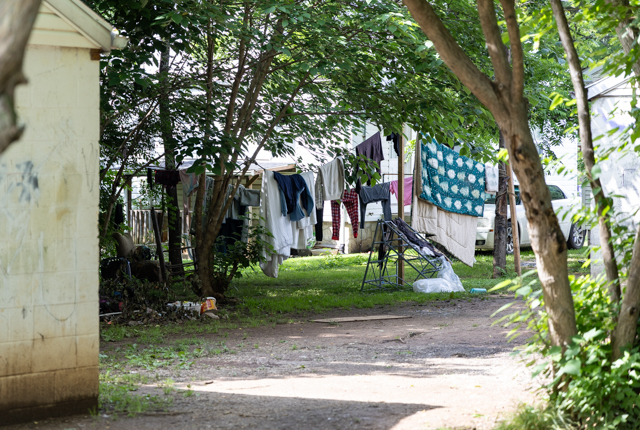WKU leaders say university can withstand 1,200 drop in fall enrollment
Published 8:00 am Tuesday, November 12, 2019
Western Kentucky University has nearly 1,300 fewer students this fall compared to the same time last year, enrollment numbers released Thursday show.
The data from WKU’s Office of Institutional Research show total enrollment has fallen to 18,183, which is down from 19,461 students in fall 2018.
Overall, it amounts to a roughly 6 percent enrollment decline from last year and continues a downward trend in total enrollment at the university in recent years. In the past 10 years, WKU’s total enrollment peaked at 21,124 students in 2012 before gradually dropping to this new level.
When considering only full-time equivalent students, WKU enrollment fell from 15,306 students last fall to 14,455 this fall.
Despite the decline, university leaders don’t seem stressed. In a campuswide message Thursday that touched on the enrollment numbers, WKU President Timothy Caboni wrote that he doesn’t foresee the decline affecting the university’s budget.
“Our revenue is tracking with our projections, and we anticipate no further changes to the budget,” Caboni wrote.
Kentucky is seeing fewer high school graduates and fewer of them are going to college, Caboni wrote, adding that there are also fewer international students – who pay a much higher tuition rate than in-state students.
Because of that, Caboni and university officials said WKU has focused more on the types of students it recruits and retaining them past their freshman year.
WKU is increasingly looking outside Kentucky to recruit students from Indiana, Tennessee and Georgia, and it recently announced changes to its scholarship offerings.
Beginning next fall, WKU will no longer use ACT scores to award most of its academic merit-based and targeted scholarships for incoming freshmen. The university will also expand offers to high school students with an unweighted 3.0 grade-point average, meaning that WKU applicants who meet that bar will automatically qualify for a $2,500 scholarship.
WKU has also raised its admissions standards in hopes of seeking out more academically prepared students who have a better chance of graduating.
“We’re admitting students that we know can be successful,” said Brian Kuster, WKU’s vice president for enrollment and student experience.
When it comes to college cost – which Kuster described as the biggest hurdle students face – he said WKU is doing more to help students. That includes working with students to set up payment plans, lifting registration holds for overdue fees and even distributing small grants to students who owed less than $500.
“We’re recruiting students who have a better chance of succeeding. We’re providing more resources for those students so they can succeed, and we’re removing the barriers that were causing them not to succeed,” WKU spokesman Bob Skipper told the Daily News.
“All of that together should, and is, improving our retention. It will improve our graduation rates, which also positions us better in the state funding model,” he said, referencing a performance funding system that ties state funding for universities to outcomes, like graduation rate. “That will eventually result in us getting a better share of state funding.”
On Monday, WKU hosted about 1,200 high school students to participate in campus tours and information sessions about attending.
Among them was Emma Wilson, a high school junior from northeastern Tennessee, which makes her one of the out-of-state students WKU is pursuing.
When Wilson describes what she’s looking for in a college, the most important factor is how “homey” it feels, she said. It has to feel not too big and more “like a community.”
“You have to feel a connection to the campus itself,” she said.
– Follow education reporter Aaron Mudd on Twitter @BGDN_edbeat or visit bgdailynews.com.






